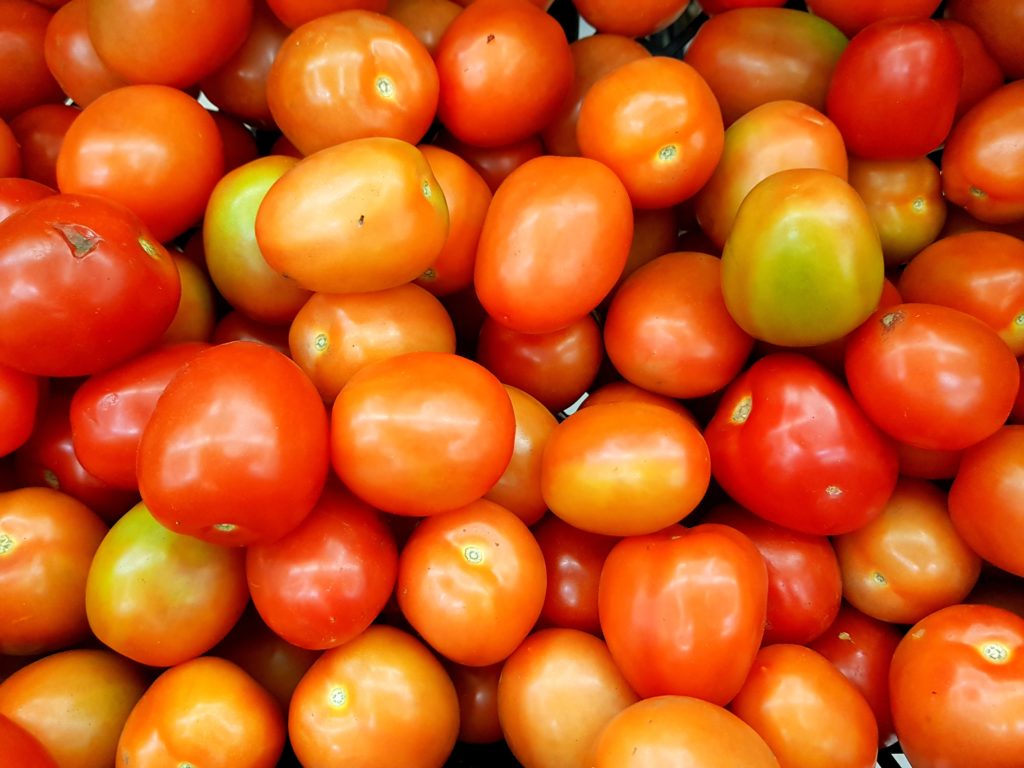According to the Food and Agricultural Organization (FAO), food security exists “when all people, at all times, have physical, social and economic access to sufficient, safe and nutritious food that meets their dietary needs and food preferences for an active and healthy life”.
Food security is one of the dominating ingredients that make a prosperous nation however, in Nigeria, it is still a wish yet to come to pass. A lot of factors, not to even talk of the Coronavirus pandemic, are responsible for this.
Some of these factors include the high rate of poverty, the shift of focus to the oil sector, the high rate of population growth, conflicts, among many others. To achieve food security, certain steps have to be taken. It is pertinent to note, though, that some of these steps are already being taken, the efforts directed towards them only need to be intensified.
One of these steps is the giving of loans and grants to farmers or intending farmers. This is very important as it serves as an encouragement to those in the agricultural business. It also serves the purpose of persuading more people to go into agriculture. Also, the Nigerian government at both the state and federal levels should make agricultural implements and supplements such as fertilizers, pesticides, and so on, available to farmers.
Another step is the thorough education of farmers. Farmers should be enlightened on the appropriate farm techniques and methods to employ to have productive yields. They should be exposed to steps to be taken to prevent natural disasters such as floods from affecting the growth of their crops. Farmers should also be taught how to find a way around an infertile or depleting soil and other problems encountered.
Also, the government should focus on constructing and maintaining road networks that connect farms, especially those in remote areas, to markets and cities. This will greatly enhance the distribution of foodstuffs for sale.
As earlier stated, food security is not only about the production and availability of food crops but also about access to these crops and whether they meet the dietary needs of the consumers. Since most Nigerians cannot afford a well-nourished three-square meal per day, these people should be encouraged to plant the little they can around their house. They can plant food items like vegetables and so on. Though this will not solve the problem of accessibility to food completely, it will surely go a long way.
Also, the government should provide more employment opportunities for the unemployed to enable them to afford well-nourished meals. Apart from the provision of more employment opportunities, the Nigerian government should try as much as possible to regulate the prices of food items. This is necessary to ascertain that most, if not all, can afford these food items.
In conclusion, there is a popular saying that, "Where there is a will, there is a way", likewise, it is very possible to achieve the goal of food security in Nigeria by 2030. However, this can only be achieved when all hands are on deck. This implies that it will take the effort of each Nigerian and not only the government to achieve this.
Another very important measure to put in place is the appointment of people and the establishment of organizations to ensure that all these steps are followed and that those already followed are upheld.
This article was written by Oluwademilade Akinsola who is a content writer at The Young Leaders Council.



